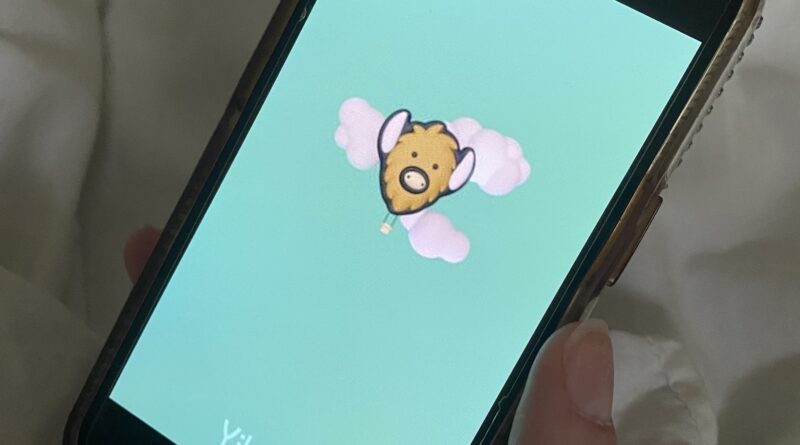Yik Yak– harmful or helpful?
Have you ever felt very strongly about something happening on campus, but want to test the waters before outwardly sharing your opinion? If so, then Yik Yak might intrigue you.
Yik Yak, which markets toward college students, is an anonymous social media platform that allows users to post their thoughts, questions and concerns at a school-wide level. The app has become increasingly popular within the Maryville College community in recent years, making a resurgence after a service shutdown prompted by potential harmful activity.
Yik Yak has a compiled list of “community guardrails,” which include information and topics that are not allowed to be shared on the app. This list includes things such as: personal information of yourself or another person, bullying, racism, topics of suicide, sexually explicit content and general violence.
The difference between Yik Yak, as opposed to other social media apps, is the anonymous nature that Yik Yak holds. There has been constant debate throughout campus as to whether or not it is a safe site for children and young adults to be taking part in. Sociologically, the implications might be more negative than positive.
Andrew Gunnoe, Associate Professor of Sociology at Maryville College, gave his insight and opinions on the social media app. He compared it to the act of writing on the bathroom wall as a child.
“You can kind of say whatever you want. There’s no repercussions, and you don’t necessarily even need to mean it, but you can do it just to get the thrill of putting it out there,” Gunnoe explained. When asked about his beliefs on the possible effects of Yik Yak on a college campus as small as Maryville College’s, Gunnoe gave blunt opinions.
“The community you feel among your friends and in the classroom with professors—it could potentially undercut that. It adds a degree of cynicism to social interactions.”
While there are obvious negatives to the realities of Yik Yak’s existence, not all exchanges within the app are bad. As a student, I have witnessed interactions on the app that exist to share important information that students would not have otherwise known.
During the move-in week of the 2023 school year at Maryville College, a severe lack of communication with students regarding move-in times and locations occurred due to inadequate staffing within the Residence Life center. Throughout the week, there were Yik Yaks sent out by students asking about whether the move in time for residence halls started at 9:00 a.m. or 1:00 p.m.
Students in multiple threads began banding together to go at specific times, creating senses of comfort knowing that if the group got the time wrong, at least they would have gotten it wrong together.
One student Yik Yakked, “I’m so glad I asked on YikYik because my whole suite was going to be there at 9,” regarding the move-in time confusion.
The platform has also been known to curate wholesome interactions. One student said, “Spotted a cool bug at Carnegie,” to which another student asked for a picture. The original poster shared a picture of the bug, and the two exchanged an interaction which ended with, “Looks like a type of Sawyer beetle, cool!”
In the digital age we are in, Yik Yak is just another addition to the long list of social media platforms that allow for communication among students, whether positive or negative. The spread of information is inevitable, so students will continue to Yak away.

